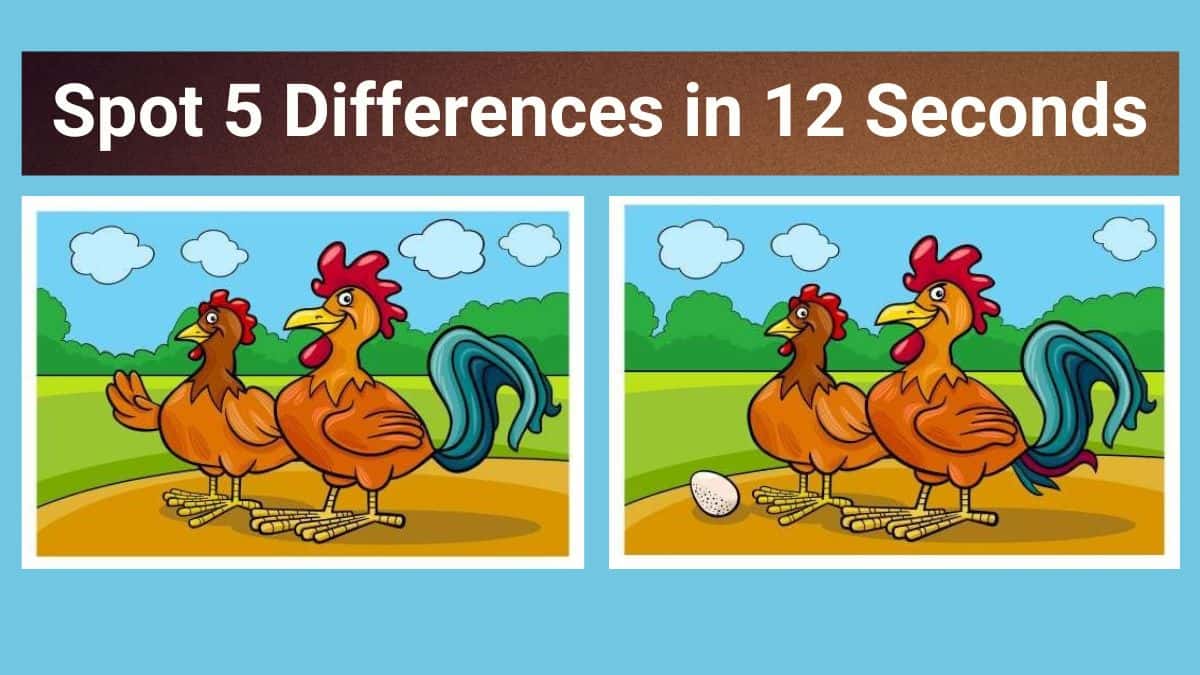Okay, here's a blog article crafted to be human-like, Ad Sense-friendly, and informative, adhering to the guidelines you've provided.
Ever felt a little confused about the difference between freelancing and consulting? You're not alone! Many people use the terms interchangeably, but there are some key distinctions that can seriously impact how you approach your career and business. Knowing whether you're truly freelancing or consulting can affect your pricing, your marketing, and even your legal obligations. Let's dive into what sets these two paths apart.
Why The Difference Between Freelancing and Consulting Matters in 2025
In today's rapidly evolving gig economy, understanding the nuances of freelancing versus consulting is more crucial than ever. While both offer flexibility and autonomy, they cater to different client needs and require distinct skill sets. Freelancing often involves executing specific tasks or projects, while consulting typically focuses on providing expert advice and strategic guidance. As businesses increasingly seek specialized expertise on demand, knowing which role you're best suited for – and accurately communicating that to potential clients – is essential for securing lucrative opportunities and building a sustainable career.
Common Challenges Around The Difference Between Freelancing and Consulting
One of the biggest challenges is the blurred line between the two. A freelancer might occasionally offer advice, and a consultant might sometimes execute tasks. This overlap can lead to miscommunication with clients, undervaluing your services, and even scope creep. For example, a freelance writer hired to create blog posts might find themselves being asked to develop an entire content strategy – a task more aligned with a consulting role. Accurately defining your role and setting clear boundaries from the outset is crucial to avoid these pitfalls. Many also struggle with pricing their services appropriately, often undercharging when providing consulting services compared to project-based freelance work.
Practical Tips About The Difference Between Freelancing and Consulting
Let's get practical. Here are some tips to help you navigate the difference between freelancing and consulting:
How to Avoid Mistakes Related to The Difference Between Freelancing and Consulting
- Clearly define your services: Create a detailed list of what you offer, categorizing them as either freelance tasks or consulting services.
- Tailor your marketing: Use different language and marketing strategies for each type of service. Highlight your problem-solving abilities for consulting and your execution skills for freelancing.
- Set clear boundaries: Establish a clear scope of work in your contracts, specifying which tasks are included and which fall outside the agreement. Be prepared to say "no" or adjust your pricing if the scope expands.
- Price accordingly: Research industry standards and price your consulting services higher than your freelance tasks, reflecting the value of your expertise and strategic guidance. Consider value-based pricing for consulting.
- Communicate effectively: Explain to clients the distinction between executing tasks and providing strategic advice. This will help them understand the value you bring to the table.
Daily Habits That Help with The Difference Between Freelancing and Consulting
- Stay updated on industry trends: Continuous learning is crucial for both freelancers and consultants, but consultants need to be particularly well-versed in the latest trends and best practices in their field.
- Network actively: Build relationships with other professionals in your industry. Networking can lead to referrals, collaborations, and valuable insights.
- Document your successes: Keep track of your accomplishments and use them to showcase your skills and expertise to potential clients. Gather testimonials whenever possible.
- Reflect on your work: Regularly assess your performance and identify areas for improvement. Are you providing enough strategic value in your consulting engagements? Are you efficiently completing your freelance tasks?
- Manage your time effectively: Balancing multiple clients and projects requires strong time management skills. Use tools like calendars, task managers, and time trackers to stay organized.
Teaching Others About The Difference Between Freelancing and Consulting
One of the best ways to solidify your own understanding is to teach others. Start by sharing your knowledge with your network. You could create blog posts, social media content, or even offer workshops on the topic. Explain the core differences, provide real-world examples, and highlight the benefits of understanding these nuances. By educating others, you'll not only reinforce your own expertise but also establish yourself as a thought leader in your field.
Final Thoughts on The Difference Between Freelancing and Consulting
Ultimately, the choice between freelancing and consulting (or a blend of both!) depends on your skills, interests, and career goals. Understanding the difference between the two allows you to better position yourself in the market, attract the right clients, and build a fulfilling and successful career. Embrace continuous learning, refine your skills, and don't be afraid to adapt as the gig economy continues to evolve. Remember that clarity in defining your role is key to ensuring client satisfaction and achieving your professional aspirations.
